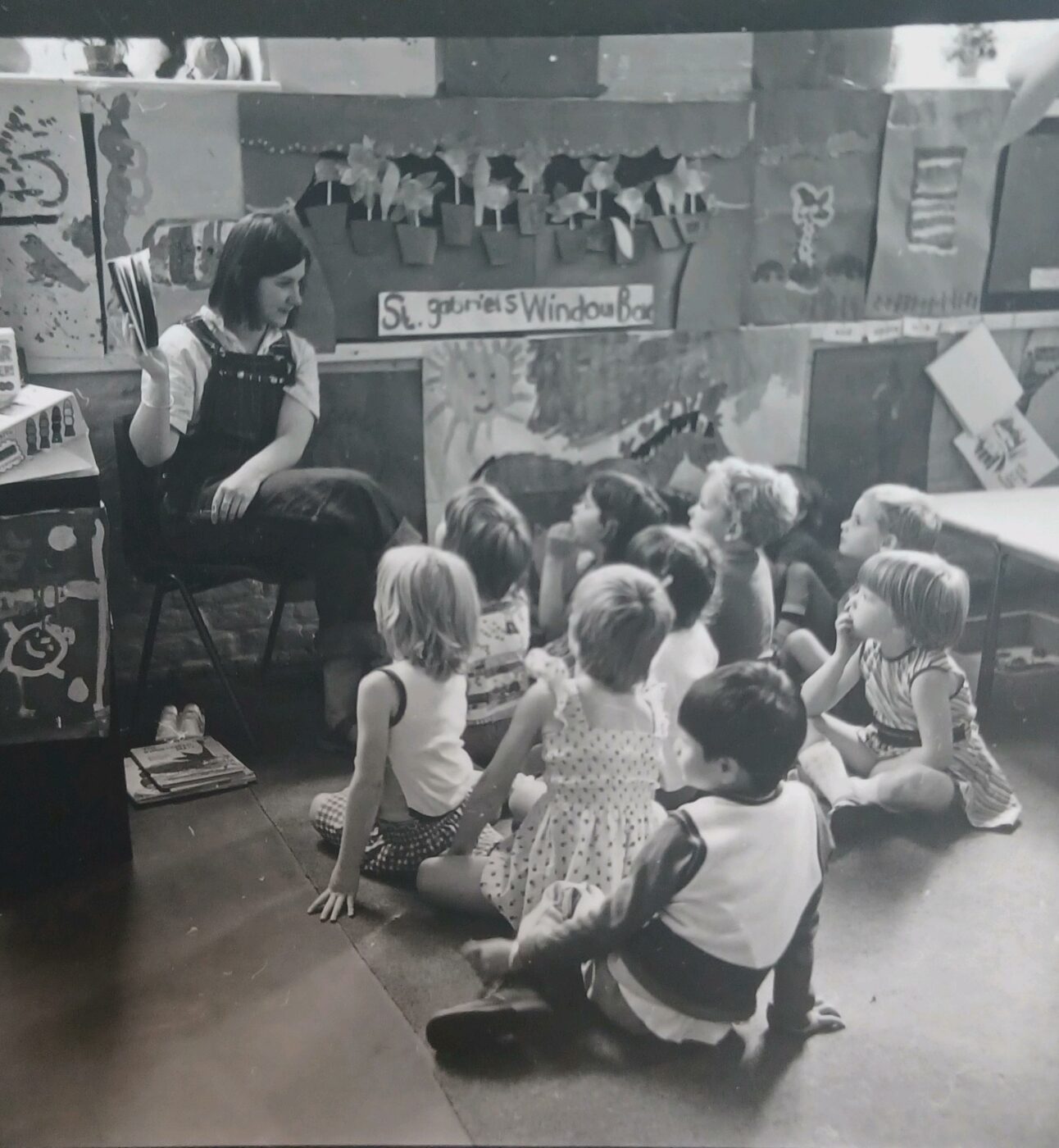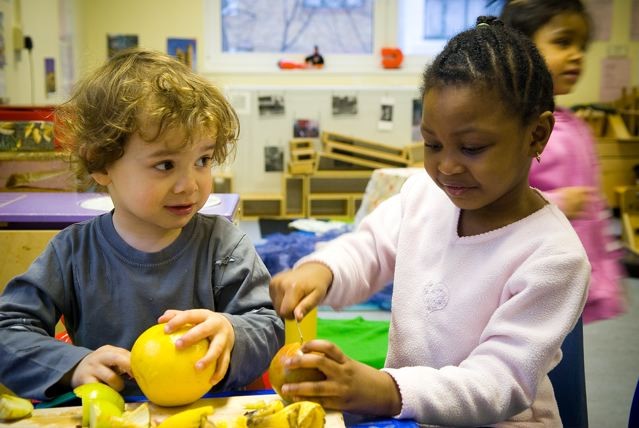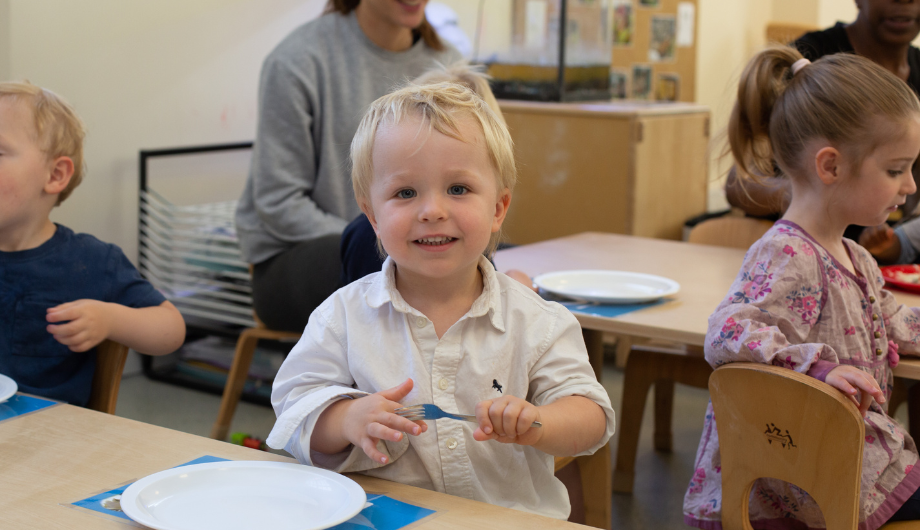
Talking Early Years: Celebrating 120 Years at LEYF
The Year That is 2023 – This year, we are proud to celebrate 120 years of LEYF. It’s been fascinating to reflect back on what has changed over…
March 12th 2012
Sensible organisations try and ensure that staff are involved in developing policies and practices at every level. Indeed, much is written about the inefficiency of top down approaches to making change happen. However, in my opinion, the challenge is less in the initial engagement and more in maintaining interest and ensuring behaviour is embedded unconsciously, so that it becomes fundamental to everything. This becomes even more important if, like LEYF, you want to grow and need to ensure that policies and practices are securely embedded and repeated consistently in every setting.
Many years ago a manager came to me in despair, having discovered that a can of Coke and a Curly Wurly amounted to breakfast for some staff . While she worried about their health, she became even more anxious when she realised these were the very staff who would be role models for children and their parents when it came to healthy eating. Her conversation sparked a large piece of work across LEYF, involving staff at every level – as managers, practitioners, chefs, apprentices and parents all became part of the process to create a consistent and recognisable ‘LEYF approach’ to food. We researched, examined and created new ways of procuring food, training staff, supporting parents, changing the curriculum and most importantly defining the role for our chefs. Our resulting LEYF Food Policy captured the outcome and was laid down as the basis of practice right across our organisation.

Children enjoying fresh fruit at a LEYF community nursery
Initial enthusiasm was positive and effective, but falling back into old habits happened as if by osmosis. Nothing big, just little things that showed the unravelling of an agreement. Little clues emerged such as a random plastic vegetable in the role play area when it’s meant to be fresh, not serving fish twice a week or forgetting to make sure that cooking was a weekly activity.
So what must we do to ensure that ‘buy in’ and engagement is robust and consistent, whilst still allowing us to review, shape and change things as the world itself changes? For example, having spent two or three years developing our approach to food, we have now had to make changes to our kitchen management to fit better with the evolving needs of the organisation. Effective scaling and repeatability must equally allow action research to inform continuous improvements, and that can lead to change too.
How can we balance the non-negotiables, such as insisting on organic milk or fresh vegetables in the role play corner, with negotiated changes – such as a new management system – to better meet the needs of the children? What can we do to allow change into the mix in a way that does not start unravelling the whole approach? Can we as the proverbial leopards change our spots or are we asking the impossible?
There is a raft of management tomes telling us to think about communication, apply change management theory, get champions in critical places, give regular feedback and have solid processes that show up when things are not happening. The most telling approach though is simpler:
Finally, perhaps, buy lots of Curly Wurlys and distribute them generously to those embedding and sharing in our case ‘the LEYF way’. (But can I be first in line, since after fig rolls and walnut whips they are my next favourite treat!)

The Year That is 2023 – This year, we are proud to celebrate 120 years of LEYF. It’s been fascinating to reflect back on what has changed over…

We have been raising the issues of childcare funding for over 10 years. It has been so long, I am amazed at how patient I’ve remained – and…

In the beginning of 2022 So here we are. The final blog of 2022. And hey, we’ve managed to get through what has been a year of discontent and foolishness.